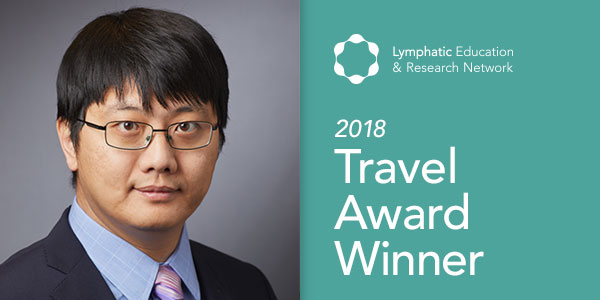Pengchun Yu, currently a research trainee under the supervision of Dr. Michael Simons at Yale University, received a travel award from LE&RN to attend the 20th International Vascular Biology Meeting (IVBM) in Helsinki, Finland. We asked Pengchun to share his thoughts on that experience with us and to tell us a bit about his research and future plans.
What did you get out of the IVBM? Why did you feel it was important to attend?
IVBM was unique among the vascular biology meetings that I have attended because contrary to others that focused on only a few specific topics, IVBM covers almost all of the active areas in vascular biology. During the conference, scientists presented unpublished data in their talks and posters, from which I learned the most recent research progress in many different fields, from tumor angiogenesis to atherosclerosis to vascular development. There were also several social events at IVBM, which allowed me to interact with people with different backgrounds and specialties, listen to their insights, and discuss potential future collaborations.
What are your areas of interest in research?
I am interested in studying how endothelial cell metabolism regulates lymphatic vessel formation under physiological and pathological conditions.
What are your hopes and plans for your career and your research?
My career goal is to lead an independent laboratory that focuses on metabolic regulation in lymphatic endothelial cells. I hope that my research will provide new therapeutic targets for treating human lymphatic diseases.
Why do you believe that, in general, lymphatic research is important? What might the field accomplish within the next few years?
It is very important to study lymphatics because it will help us understand the roles of the lymphatic system in regulating many critical physiological processes, such as tissue fluid homeostasis, fat absorption, and immune cell transport. Moreover, because aberrant formation or dysfunction of lymphatic vessels is closely associated with tumor metastasis, lymphedema, and several other devastating pathological conditions, solid lymphatic research may guide the development of new therapeutic strategies. I believe that we will have a much deeper understanding of lymphatic biology and lymphatic diseases in the next few years.
LE&RN programs, like LE&RN Travel Awards, are only possible because of our Partners and Supporting Members. Become a Supporting Member today.

